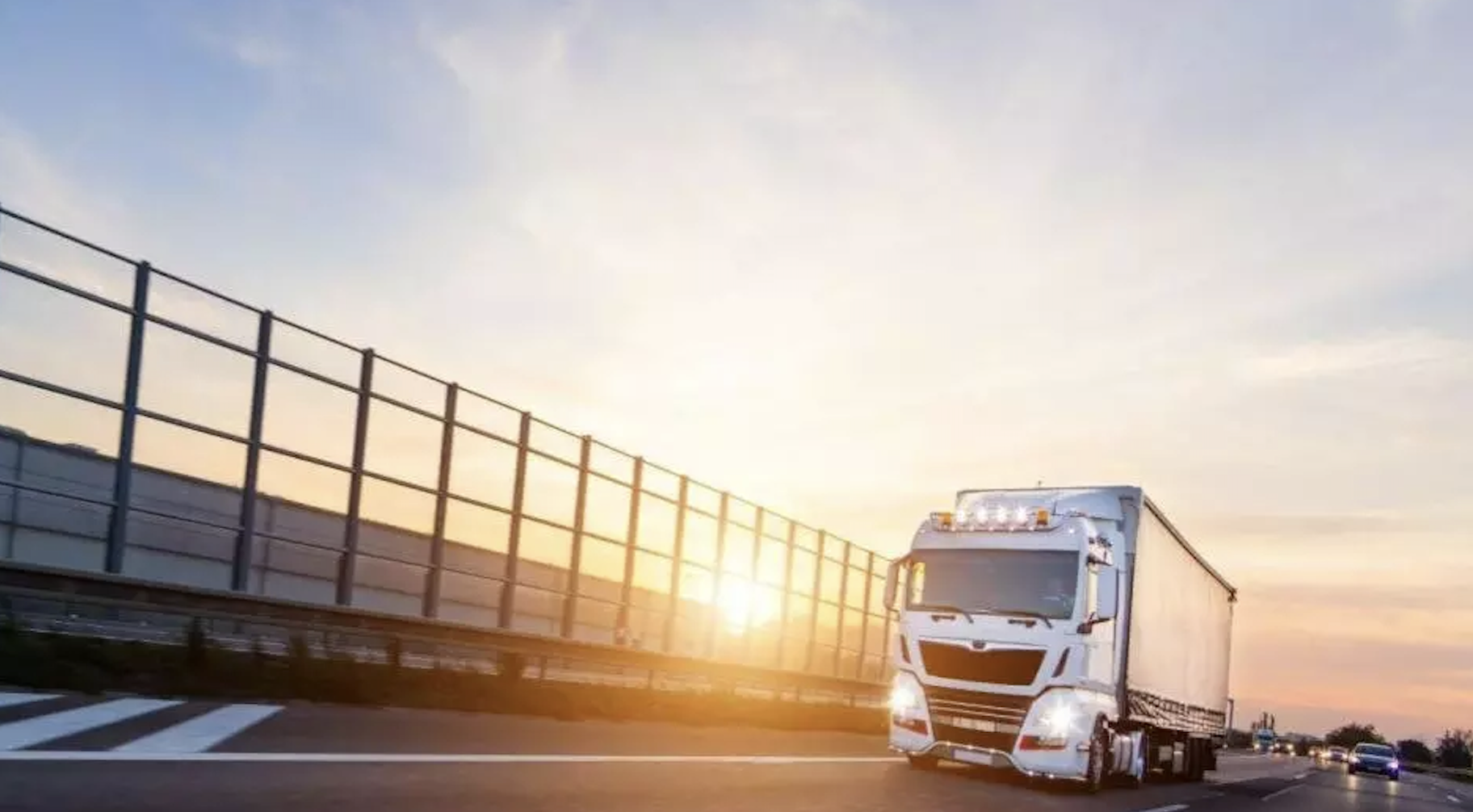
Total Energies and Air Liquide to build +100 truck hydrogen stations

Air Liquide and TotalEnergies join forces to develop a network of over 100 hydrogen stations for heavy-duty vehicles in Europe /Air Liquide
More than a hundred TotalEnergies hydrogen stations for trucks will appear along major highways in France, Germany, Belgium, the Netherlands


Comments
Ready to join the conversation?
You must be an active subscriber to leave a comment.
Subscribe Today